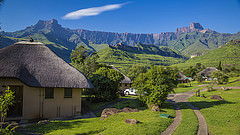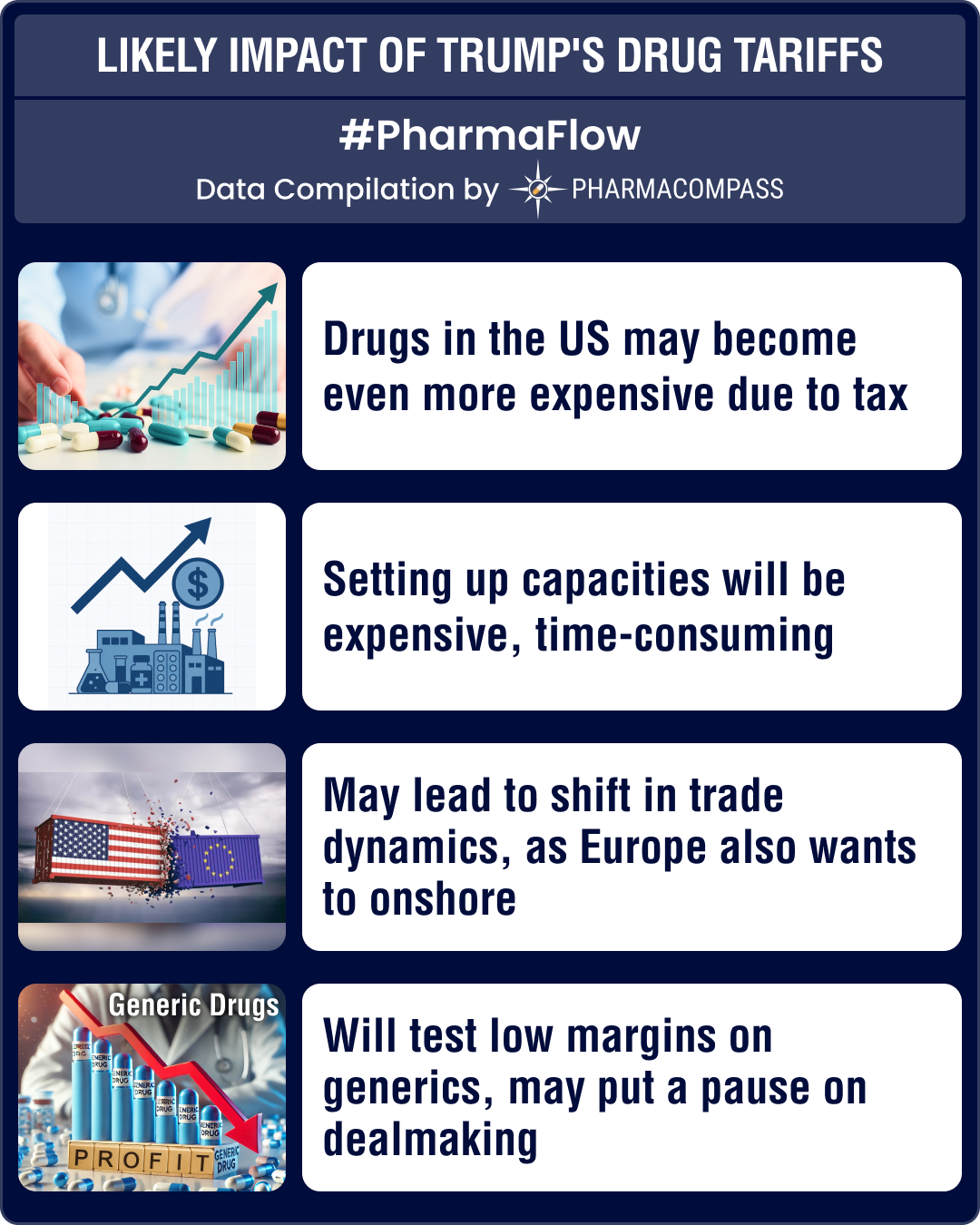
Africa represents the last geographic frontier where high growth is still achievable. Over the past two decades, Africa has emerged from a troubled history to become one of the world’s fastest growing economic regions, states a McKinsey report (Africa: A continent of opportunity for pharma and patients).
A quick glimpse of the gold mine in Africa
Africa has one of the highest number of notified cases for diseases like AIDS and tuberculosis (TB), which provides sizable opportunities for the industry given the enormous size of the patient population. The South African government has plans of scaling the number of people getting treatment for AIDS from 3 million to 4.6 million by the end of 2016.
In December 2014, the government issued an $860 million tender for supply of AIDS drugs and only four companies were the main beneficiaries!
The African’s growth
Africa’s GDP (Growth Domestic Product), already the size of Russia’s, has a working age population, which is already 30% more than that of Europe and the size is expected to double in the next five years.
Africa’s pharmaceutical economy has been forecasted to grow at an estimated 9.8% compounded growth when compared with 2% for the United States and 1% for Japan. While the size of the African pharmaceutical economy is significantly smaller than established markets, by 2020 the total size is expected to be between $44 billion and $66 billion.
Although Africa is a big continent, McKinsey simplifies life by suggesting that companies should focus on specific countries, as more than 2/3 of the African growth has come from just 10 out of 54 countries.
- Africa’s top 10: Algeria, Egypt, Kenya, Ivory Coast, Libya, Morocco, Nigeria, South Africa, Sudan, and Tunisia.
In addition, the strong support of governments advocating the use of generic drugs, along with physicians and pharmacists getting used to prescribing generics, has the industry booming. The generic business in Algeria and Morocco is forecasted to grow at a minimum growth rate of 22%.
Africa? How does one get started?
South Africa is currently embroiled in an ongoing political crisis caused by severe drug shortages. Lifesaving drugs for AIDS and TB along with common antibiotics like benzyl penicillin, heart medicine digoxin, anti-asthma salbutamol inhalers, anti-epileptic sodium valproate, vaccines etc., have all encountered shortages.
“The shortages at district hospitals have forced doctors to give medication to some patients, leaving others to suffer in agony. Paracetamol, a very basic painkiller, is also in short supply.”, reported news channel, News24.
With over 150 product lines in shortage, the South African government has taken radical measures like flying in 20 key medicines, accelerating the approval process and automatically allowing registration of suppliers who are WHO prequalified to overcome the 15 month approval timeline for drug applications.
South African regulators will continue to inspect all local and some international API sites despite relaxing facility assessment rules last week.
Our View
Concerns raised by the South African media, regarding API sourcing constraints, delays in formulation manufacturing or managing changing product demand can easily be addressed if the pharmaceutical industry decides to develop their African business.
However, not everything will be smooth sailing since Africa faces challenges of civil unrest, dependency of countries on oil prices, concerns over non-payment of bills and outbreaks of epidemics like Ebola. McKinsey also states that talent is scarce and finding a reliable local partner is critical to success.
Concerns aside, companies like Aspen, Hikma, Mylan, Cipla Medpro, have already made significant inroads into the African market.
While India’s Cipla envisions a billion dollars from Africa by 2024 and Canada’s Valeant is in advanced talks to acquire Egyptian drugmaker, Amoun Pharmaceutical Co. for about $700-800 million, the African opportunity has already started getting attention.
For those on the sidelines, a lists of products currently in shortage, is available online and the only question is who bets bigger on Africa first!
The PharmaCompass Newsletter – Sign Up, Stay Ahead
Feedback, help us to improve. Click here
Image Credit : South Africa – Drakensberg by Diriye Amey is licensed under CC BY 2.0
“ The article is based on the information available in public and which the author believes to be true. The author is not disseminating any information, which the author believes or knows, is confidential or in conflict with the privacy of any person. The views expressed or information supplied through this article is mere opinion and observation of the author. The author does not intend to defame, insult or, cause loss or damage to anyone, in any manner, through this article.”






